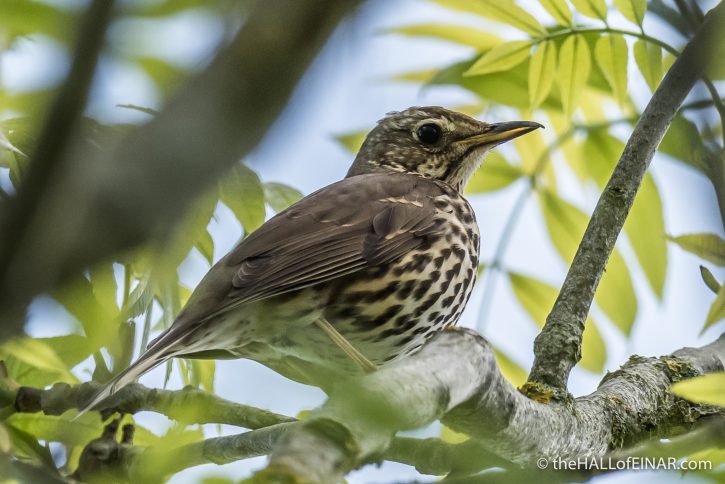The Monks of Basle – a poem by Colonel John Hay
One of my favourite poets isn’t known today, and, when people do recognise his name, it’s not as a poet. Colonel John Hay was secretary to Abraham Lincoln and became United States Secretary of State under two presidents. He wrote a multi-volume biography of Lincoln which became much of what we know of the President. His novel The Bread Winners was an anti-labour polemic against unions from the perspective of the entitled wealthy. Maybe I wouldn’t have shared his politics.
He also wrote slim volumes of poetry. Here’s his ‘I sent my love two roses’:
Many years ago I picked up a slim volume of his, Pike County Ballads, printed in 1897, for 40 pence. It was originally published in 1871. The first part is his Pike County Ballads, which are in dialect, the second contains Wanderlieder (literally, hiking-songs). The Monks of Basle is one of those:
The Monks of Basle
I tore this weed from the rank, dark soil
Where it grew in the monkish time,
I trimmed it well and set it again
In a border of modern rhyme.
I.
Long years ago, when the Devil was loose
And faith was sorely tried,
Three monks of Basle went out to walk
In the quiet eventide.
A breeze as pure as the breath of Heaven
Blew fresh through the cloister-shades,
A sky as glad as the smile of Heaven
Blushed rose o’er the minster-glades.
But scorning the lures of summer and sense,
The monks passed on in their walk;
Their eyes were abased, their senses slept,
Their souls were in their talk.
In the tough grim talk of the monkish days
They hammered and slashed about, –
Dry husks of logic, – old scraps of creed, –
And the cold gray dreams of doubt, –
And whether Just or Justified
Was the Church’s mystic Head, –
And whether the Bread was changed to God,
Or God became the Bread.
But of human hearts outside their walls
They never paused to dream,
And they never thought of the love of God
That smiled in the twilight gleam.
II.
As these three monks went bickering on
By the foot of a spreading tree,
Out from its heart of verdurous gloom
A song burst wild and free, –
A wordless carol of life and love,
Of nature free and wild;
And the three monks paused in the evening shade,
Looked up at each other and smiled.
And tender and gay the bird sang on,
And cooed and whistled and trilled,
And the wasteful wealth of life and love
From his happy heart was spilled.
The song had power on the grim old monks
In the light of the rosy skies;
And as they listened the years rolled back,
And tears came into their eyes.
The years rolled back and they were young,
With the hearts and hopes of men,
They plucked the daisies and kissed the girls
Of dear dead summers again.
III.
But the eldest monk soon broke the spell;
“‘Tis sin and shame,” quoth he,
“To be turned from talk of holy things
By a bird’s cry from a tree.
“Perchance the Enemy of Souls
Hath come to tempt us so.
Let us try by the power of the Awful Word
If it be he, or no!”
To Heaven the three monks raised their hands;
“We charge thee, speak!” they said,
“By His dread Name who shall one day come
To judge the quick and the dead, –
“Who art thou? Speak!” The bird laughed loud.
“I am the Devil,” he said.
The monks on their faces fell, the bird
Away through the twilight sped.
A horror fell on those holy men
(The faithful legends say),
And one by one from the face of the earth
They pined and vanished away.
IV.
So goes the tale of the monkish books,
The moral who runs may read, –
He has no ears for Nature’s voice
Whose soul is the slave of creed.
Not all in vain with beauty and love
Has God the world adorned;
And he who Nature scorns and mocks,
By Nature is mocked and scorned.
Copyright 1897
Houghton, Mifflin & Co., Boston
